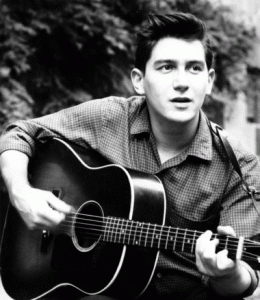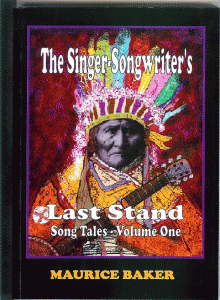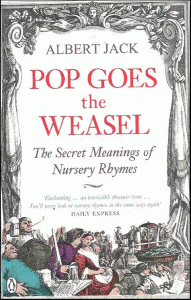The first folk music festival I ever attended was in 1966 at Lord Beaulieu’s estate in the New Forest. Jazz festivals had been held there since the late 1950s, culminating in the so-called ‘Battle of Beaulieu’ in 1960, when rival gangs of modern and traditional jazz fans indulged in a spot of what sociologists went on to call ‘subcultural contestation’. The folk weekend I went to was something of a washout with almost constant rain, but that didn’t dull our enthusiasm even though my friend and I had no tent and slept crammed together with hundreds of other fans like giant maggots in a large marquee.
On the bill at Beaulieu were, among others, Julie Felix, Rambling Jack Elliot and Phil Ochs. Both men later had problems with drink, in Ochs’ case a contributing factor to his suicide in 1976, but at the festival the booze ran free and for most of us left no more than sore heads come the morning. At one time Ochs was seen as a serious rival to Bob Dylan, especially as a political activist, which Dylan never really was. (According to legend, Dylan once threw Ochs out of his limousine following a disagreement in which he accused his fellow singer-songwriter of being ‘nothing but a journalist’ – which wasn’t so way off the mark as it happens as that was Ochs’s first occupation.) He wrote hundreds of songs, often with insightful and witty lyrics, and supported many civil rights and anti-war events, etc. After years of prolific writing in the 1960s, Ochs’s mental stability declined in the 1970s. He eventually succumbed to a number of problems including bipola disorder and alcoholism. Some of Ochs’ major influences were Woody Guthrie, Pete Seeger, Buddy Holly, Elvis Presley, Bob Gibson, Faron Young, Merle Haggard, John Wayne and JohnF.Kennedy. His best known songs include ‘I Ain’t Marching Anymore’, ‘Changes’, Crucifixion’, ‘Draft Doidger Rag’, ‘Love Me I’m A Liberal’, ‘Outside A Small Circle Of Friends’, ‘Power And The Glory’, The War Is Over’, and ‘There But For Fortune’.
This event at Beaulieu is the location for the opening scene of Song Tales – Volume Two (provisionally titled ‘The Singer-Songwriter’s First Love’) where Alwyn Stevens (me) meets up with the young lady who is later to take both the romantic and vocal lead in the story. Though details are a long way from being worked out, it’s likely there’ll be at least a couple of suspicious deaths and more trans-Atlantic forays. I’ll also be raiding my teenage years for adventures in the music business and travels around the country. There will, too, be stories of musicians, song-writers, real and imagined, along with a ragbag of other saints and sinners.



